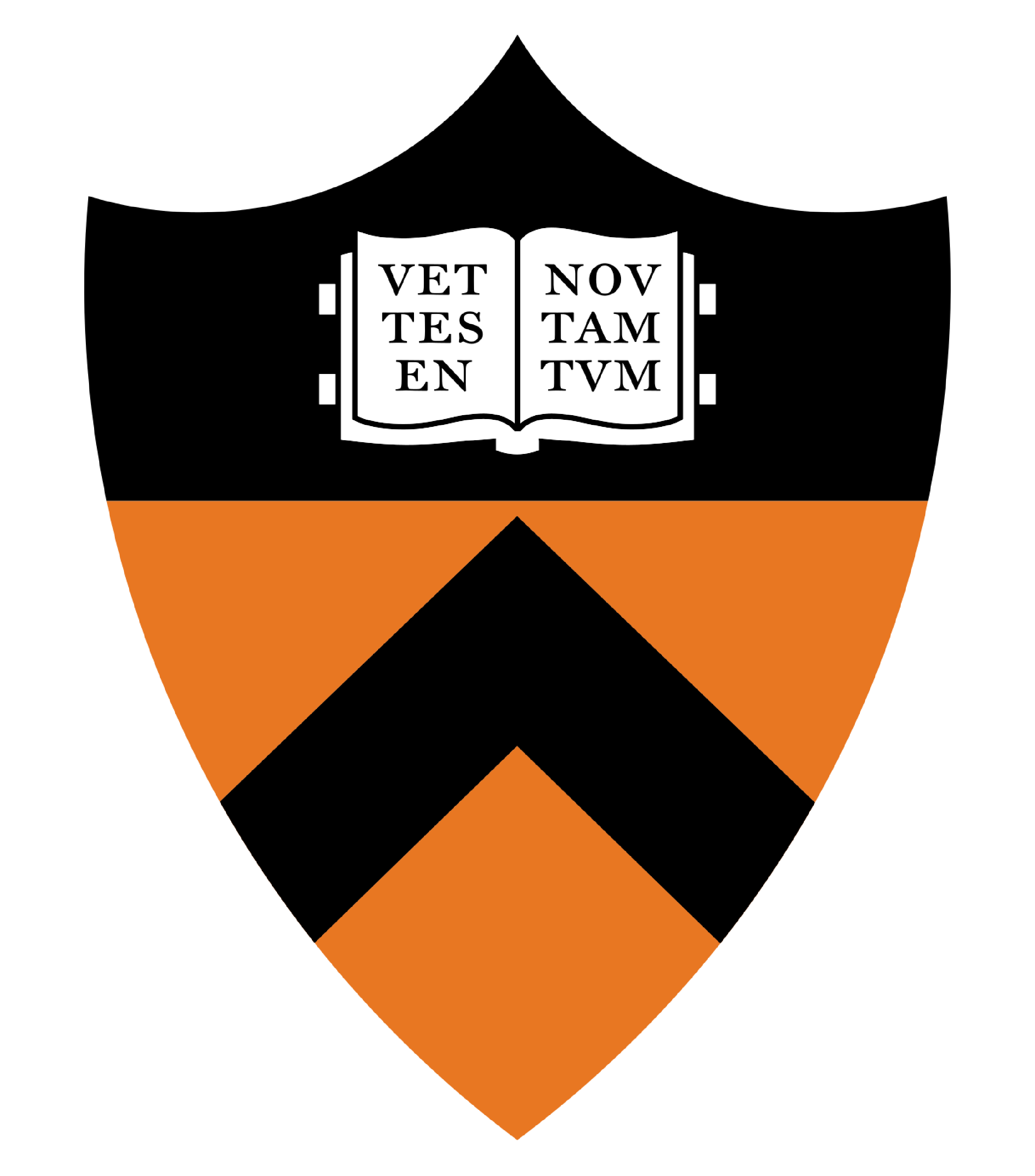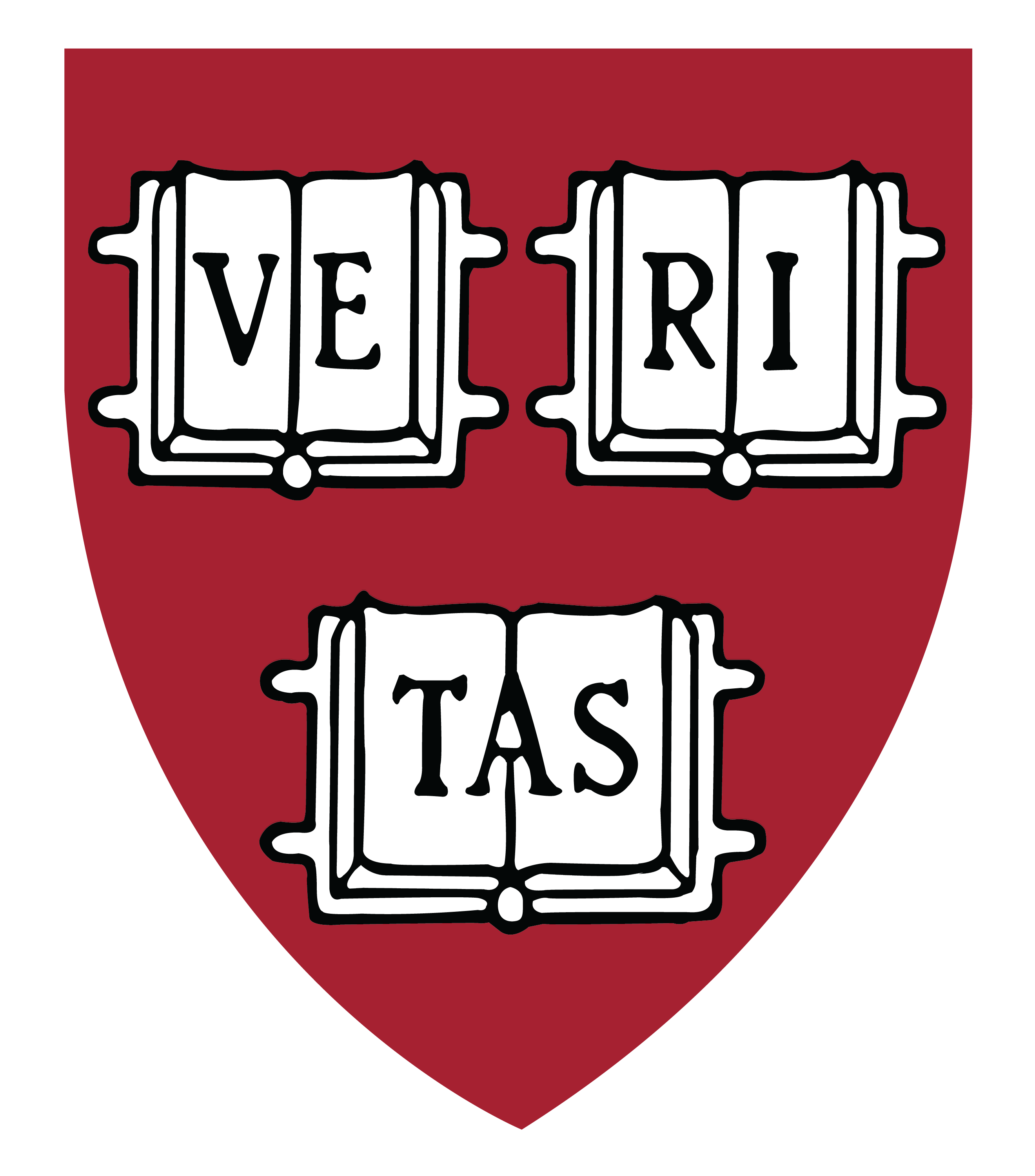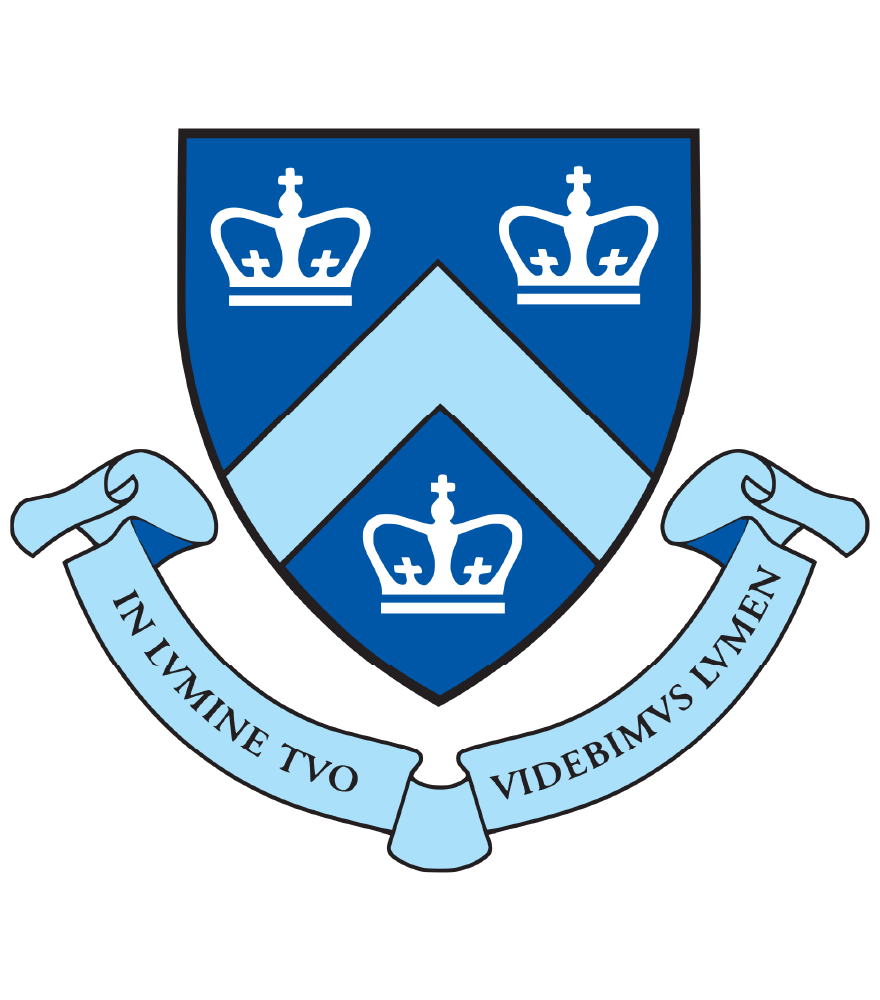Innovators in
Cognitive Neuroscience
Pioneering ideas of the human mind.
Jorge Sepulcre
Harvard University
October 28, 2020. 5:00 PM EST
Title: Functional Streams and Cortical Integration in the Human Brain
Abstract: Information processing in the brain relies on the organization of neuronal networks and circuits. A long-standing challenge in neuroscience research is to describe how information flows through this neural circuitry to produce cognition. Characterizing the neural substrates of cognitive processes that relay information is essential to deepen our understanding of memory, attention, reasoning and language systems. The core motivations that drive our work are to understand (1) how distributed functional connectivity streams converge to support integrated information processing, and (2) how cortical hubs integrate external stimuli to create a coherent sense of reality. The Sepulcre Lab conducts neuroimaging and computational research at the intersection of neurology, radiology, and network neuroscience, applying state-of-the-art network analysis and graph theory techniques. The Sepulcre Lab has developed numerous innovative methods to characterize the complex trajectories of functional streams, such as the stepwise functional connectivity (SFC) analysis. SFC has provided novel insights about how network organization, involving transitions from modular sensory regions to more parallel-organized cortical hubs, facilitates perceptual integration in the human brain. Recent advances in the lab have built upon this work, combining neuroimaging data with whole-brain cortical gene expression information to further elucidate the brain networks implicated in human cognition and neurodegenerative disorders. Through the development of this novel connectomic-transcriptome approach, we have enhanced understanding of the biological features underpinning human cognition and psychopathology.
Closed captioning will be provided.








